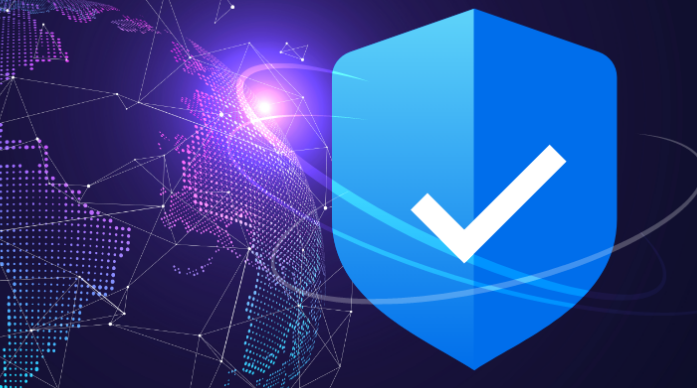In an increasingly digital world, web security has become paramount for individuals and businesses alike. With cyber threats evolving constantly, it’s crucial to implement robust security measures to protect sensitive data and maintain user trust. Here’s a comprehensive guide on how to enhance web security.
1. Use HTTPS
One of the first steps in securing a website is to use HTTPS (Hypertext Transfer Protocol Secure). This encrypts the data exchanged between the user’s browser and your server, protecting sensitive information from interception. Obtain an SSL (Secure Sockets Layer) certificate to enable HTTPS on your site.
- Data Encryption: Protects user data during transmission.
- SEO Advantage: Search engines prefer secure sites.
- Trustworthiness: Users feel safer providing personal information.
2. Regular Software Updates
Keeping your website’s software, including content management systems (CMS), plugins, and themes, up to date is critical. Developers frequently release updates to patch security vulnerabilities.
- Enable automatic updates whenever possible.
- Regularly check for updates and apply them promptly.
- Remove any unused plugins or themes to reduce potential vulnerabilities.
3. Strong Password Policies
Weak passwords are one of the leading causes of security breaches. Implementing strong password policies can significantly enhance security.
- Use complex passwords with a mix of letters, numbers, and symbols.
- Encourage two-factor authentication (2FA) for an added layer of security.
- Educate users about the importance of unique passwords for different accounts.
4. Regular Backups
Regular backups are essential for recovery in case of a security breach or data loss. Ensure that backups are stored securely and can be restored quickly.
- Schedule automated backups daily or weekly.
- Store backups off-site or use cloud services to enhance security.
- Test backup restoration processes regularly.
5. Firewall Protection
Firewalls act as a barrier between your website and potential threats, monitoring incoming and outgoing traffic. Implementing a web application firewall (WAF) can help filter malicious traffic.
- Network Firewalls: Protect entire networks from unauthorized access.
- Web Application Firewalls (WAF): Specifically designed to protect web applications from attacks like SQL injection and cross-site scripting (XSS).
6. Conduct Security Audits
Regular security audits help identify vulnerabilities in your website. Employ security professionals to conduct penetration testing and vulnerability assessments.
- Code reviews to identify security flaws.
- Configuration checks for servers and databases.
- Analysis of user access levels and permissions.
7. Secure User Data
If your website collects user data, it’s essential to implement robust data protection measures.
- Encrypt sensitive data both in transit and at rest.
- Limit data collection to what is necessary for your business.
- Comply with regulations such as GDPR or CCPA to ensure data protection.
8. Monitor for Suspicious Activity
Implement monitoring tools to detect and respond to suspicious activity on your website.
- Intrusion Detection Systems (IDS): Alert you to potential security breaches.
- Log Analysis: Regularly review server and access logs for unusual activity.
9. Educate Users and Employees
User awareness is a critical component of web security. Educate your team and users about common threats, such as phishing attacks and social engineering.
- Recognizing phishing attempts.
- Safe browsing practices.
- The importance of reporting suspicious activity.
10. Stay Informed
Cybersecurity is a rapidly evolving field. Staying informed about the latest threats and security trends is essential.
- Follow reputable cybersecurity blogs and news sites.
- Subscribe to security alerts from software vendors.
- Participate in cybersecurity forums and communities.
Conclusion
Enhancing web security is an ongoing process that requires vigilance and proactive measures. By implementing the strategies outlined above, you can significantly reduce the risk of cyber threats and protect your website, your data, and your users. Prioritizing web security not only safeguards your assets but also builds trust and credibility with your audience.

